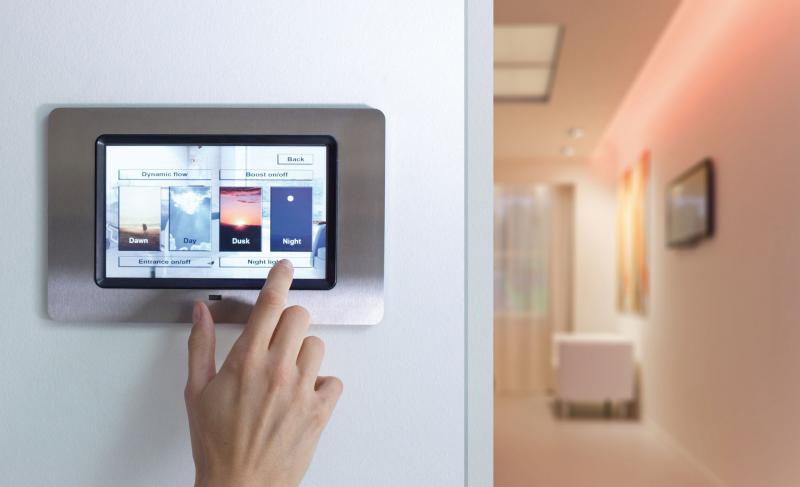Introduction
As technology continues to advance, it has permeated every aspect of our lives, transforming the way we live, work, and interact. In the realm of healthcare, the concept of Smart Home Healthcare has emerged as a game-changer, offering innovative solutions to address the challenges of an aging population and the demand for more personalized care. Smart Home Healthcare leverages cutting-edge technology to create an interconnected ecosystem that enhances well-being, promotes independence, and enables efficient healthcare delivery within the comfort of one's home. In this blog, we will explore the benefits, applications, and impact of Smart Home Healthcare on modern healthcare systems.
Understanding Smart Home Healthcare
Smart Home Healthcare involves the integration of various smart devices, Internet of Things (IoT) sensors, and artificial intelligence (AI) algorithms into the home environment. These devices are designed to monitor health parameters, provide medical assistance, and facilitate seamless communication between patients, caregivers, and healthcare professionals. The goal is to enable proactive health management, early detection of health issues, and timely intervention, ultimately leading to improved health outcomes.
Key Components of Smart Home Healthcare
-
Remote Health Monitoring: Smart devices such as wearables, smartwatches, and fitness trackers continuously collect vital health data like heart rate, blood pressure, sleep patterns, and activity levels. This data is then transmitted to healthcare providers in real-time, allowing for remote monitoring and timely interventions.
-
Medication Management: Smart pill dispensers and medication reminder systems help individuals manage their medication schedules more effectively, reducing the risk of missed doses and improving medication adherence.
-
Fall Detection and Emergency Response: Motion sensors and smart cameras can detect falls or accidents, triggering automatic alerts to caregivers or emergency services for immediate assistance.
-
Ambient Assisted Living (AAL): Smart Home Healthcare systems can adapt the home environment to accommodate the needs of elderly or disabled individuals, promoting independence and safety.
-
Telemedicine and Virtual Consultations: Smart Home Healthcare facilitates virtual medical consultations, enabling patients to receive medical advice, follow-ups, and even diagnoses from the comfort of their homes.
Benefits of Smart Home Healthcare
-
Enhanced Patient Experience: Smart Home Healthcare empowers individuals to actively participate in their health management, promoting a sense of control and autonomy over their well-being.
-
Improved Healthcare Access: Smart Home Healthcare eliminates geographical barriers, enabling individuals in remote or underserved areas to access quality healthcare services.
-
Cost-Effectiveness: By reducing hospital readmissions and preventing avoidable medical emergencies, Smart Home Healthcare can lead to cost savings for both patients and healthcare providers.
-
Timely Intervention and Prevention: Real-time health monitoring and data analytics enable early detection of health issues, allowing healthcare professionals to intervene before conditions worsen.
-
Reduced Strain on Healthcare Facilities: Smart Home Healthcare helps in optimizing healthcare resources and can alleviate the burden on hospitals and clinics, especially during times of high demand.
Challenges and Considerations
While Smart Home Healthcare holds tremendous promise, there are certain challenges that need to be addressed:
-
Data Security and Privacy: As sensitive health data is transmitted and stored, robust security measures must be in place to safeguard patient information.
-
Digital Literacy: Adequate training and support are essential to ensure that users, especially older adults, can effectively navigate and utilize the smart devices and systems.
-
Interoperability: Smart Home Healthcare systems should be designed to seamlessly integrate with existing healthcare platforms and electronic health records.
Conclusion
Smart Home Healthcare is ushering in a new era of personalized and proactive health management. By leveraging technology to create interconnected ecosystems within our homes, we can improve healthcare access, enhance patient experiences, and optimize healthcare resources. As this field continues to evolve, it holds the potential to revolutionize healthcare delivery, empowering individuals to lead healthier, more independent lives. Embracing Smart Home Healthcare ensures that we stay at the forefront of medical innovation, enabling a brighter and healthier future for all.
